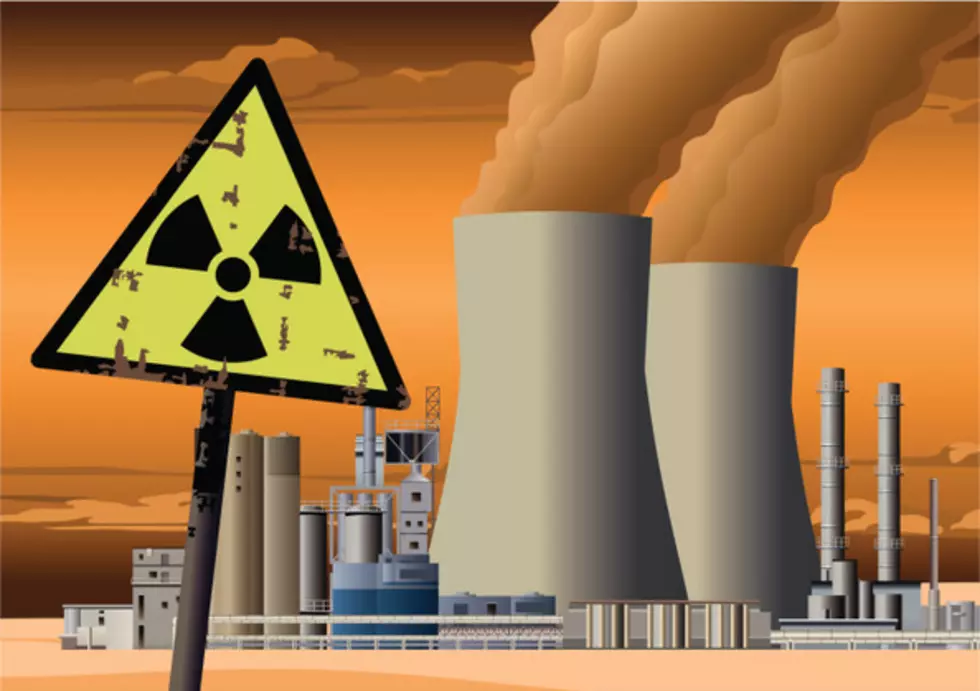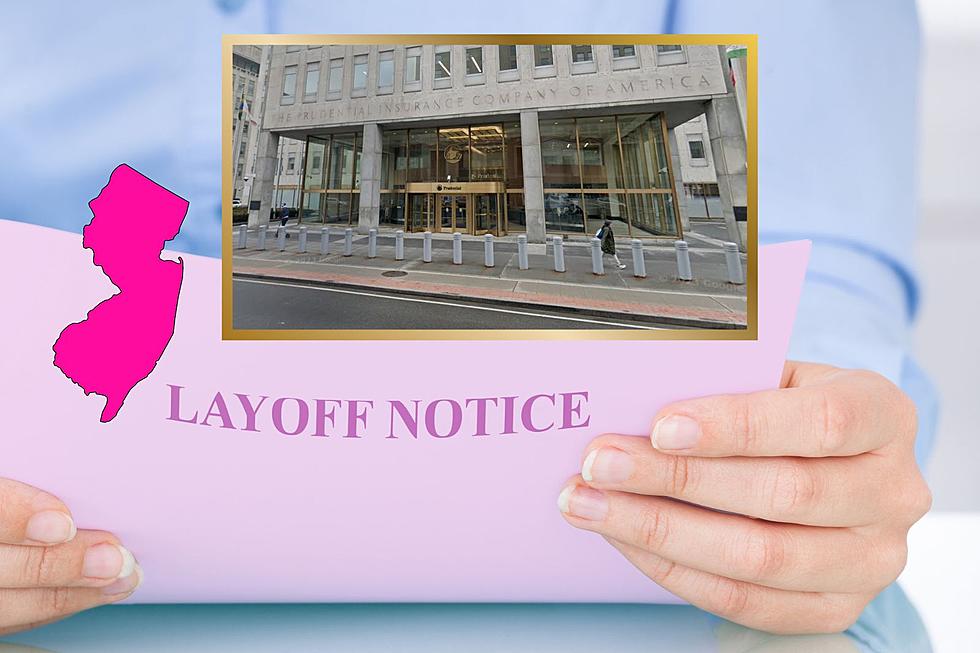
Should the public bail out NJ’s aging nuclear power plants?
The nuclear power industry has launched a campaign in New Jersey and other states to gain support for special financial subsidies for its aging nuclear plants.
The lobbying campaign comes as large supplies of natural gas have pushed energy prices lower, especially in the Northeast.
According to Paul Rosengren, a spokesman for Public Service Enterprise Group, more than a half dozen nuclear power plants around the country have been forced to close, and economic pressure is building on the remaining ones, including the four nuclear plants in New Jersey.
“We have been educating legislators and public policy makers in the state that there is a challenge facing our nuclear plants.”
New Jersey Citizen Action, along with several other organizations oppose the idea of giving subsidies to the operators of nuclear plants, according to deputy director Dena Mottola Jaborska.
“The ratepayers have already paid for these power plants and, quite frankly, ratepayers across the state, whether they’re residential or business ratepayers, are already dealing with energy costs that are too high,” she said.
“We really can’t afford a rate hike, which is effectively what this would be if these subsidies went through.”
New Jersey Citizen Action has joined AARP, the New Jersey Large Energy Users Coalition, Environment New Jersey, the Chemistry Council of New Jersey, the Petroleum Council, and New Jersey Gasoline-Convenience-Automotive Association to form the Coalition Against Nuclear Taxes (CANT), which opposes a nuclear power plant subsidy.
So far PSEG has not specified how much of a subsidy is needed to protect its nuclear plants, or exactly how this increased amount of money from ratepayers would be used.
Rosengren pointed out there are certain things about nuclear power that are valuable to society. He said 90 percent of the emissions-free energy in the state of New Jersey comes from nuclear.
“There’s real value to the state as far as clean air; there’s value to the economy of South Jersey; there’s a value to reliability and not being dependent on one fuel source.”
Nuclear provides about 50 percent of all the energy used in New Jersey, so the question that needs to be addressed, he says, “is the price of replacing nuclear more or less than the price to keep it open?”
Rosengren adds that if we allow our nuclear plants to close, “we would be taking huge steps back in environment, we’d take huge steps back in reliability, we’d take a huge step back, obviously, in the economy of South Jersey."
While how much of a subsidy PSEG will ask for is not known yet, Jaborska believes it could be huge.
“We know from looking at what’s been happening in some of the other states that it could be hundreds of millions of dollars that the ratepayers would be asked to pay.”
She stressed this type of subsidy would amount to nothing more than a money-grab.
“PSE&G is a very profitable company. They just posted another quarter of their profits and their net worth and they’ve made plenty of profit. They do not need a subsidy to keep their company whole or to make a profit off these particular plants.”
She added that this kind of subsidy “would represent a propping up of an industry that is really on the decline, and the logical thing to do when nuclear plants are at the end of their lifecycle is to retire them.”
“That’s the safe thing to do and the cost effective thing to do for ratepayers," she argues.
Also on New Jersey 101.5:
You can contact reporter David Matthau at David.Matthau@townsquaremedia.com
More From New Jersey 101.5 FM









